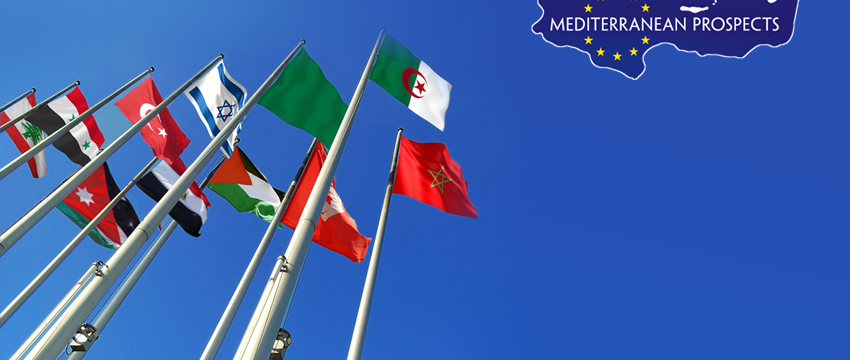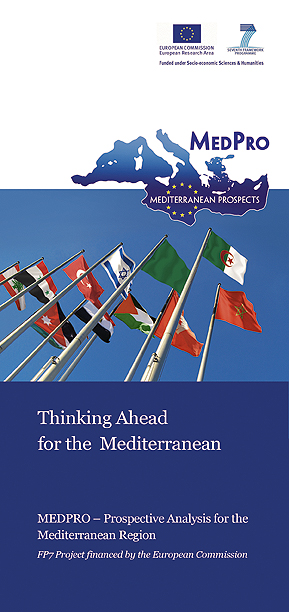- التنسيق العلمي
- الجوغرافية السياسية وحكومة
- الديموغرافيا، والصحة، والشيخوخة
- إدارة البيئة والموارد الطبيعية
- الطاقة، والتخفيف من حدة تغير المناخ
- التكامل الاقتصادي، والتجارة، والاستثمار، والتحليل القطاعي
- الخدمات المالية وسوق رأس المال
- رأس المال البشري، والحماية الاجتماعية، وعدم المساواة والهجرة
- وضع السيناريوهات وتقييم الأثر
- سيناريوهات التكامل الإقليمي والتعاون مع الاتحاد الأوروبي
Challenges arising from Capital Account Liberalisation in the Countries of the South Mediterranean Region
جمعة, 30/03/2012 - 15:02 | by admin
This MEDPRO Technical Report confirms the importance of commercial openness and macroeconomic performance (i.e. the control of inflation and stability of current account balance and exchange rate) on growth dynamics in the south Mediterranean countries. In particular, the positive impact of capital account liberalisation is conditioned by the imperative reinforcement of institutional quality, country risk reduction, and government stability. An examination of the Tunisian case shows that only sectors subject to tariff dismantlement within the framework of the Association Agreement with the EU appear to benefit from capital account liberalisation.
Furthermore, the report shows that a scenario of capital account liberalisation requires the anticipation of monetary policy reaction functions. It follows that the mechanisms for interest rate adjustment, or inter alia, the interest rates’ reaction to price fluctuations, are weakly volatile. In turn, the analysis shows that an active control of inflation mismatches occurs essentially through exchange rate corrections, thus highlighting the greater interest central banks have in exchange rate stability over real stability. A capital account liberalisation scenario would hence impose a tightening of monetary policy.
The report is in French with Executive Summaries in English and French.
Author Sami Mouley, is Professor at the University of Tunis and the Institut Tunisien de la Compétitivité & des Etudes Quantitatives – ITCEQ.
| المرفق | الحجم | الطلبات | Last download |
|---|---|---|---|
| MEDPRO TR No 11 WP6 Mouley_0.pdf | 1.02 م.بايت | 1346 | منذ سنتان 27 أسبوعا |
تاريخ المطبوعة:
Thu, 29/03/2012
المؤسسة: ITCEQ








